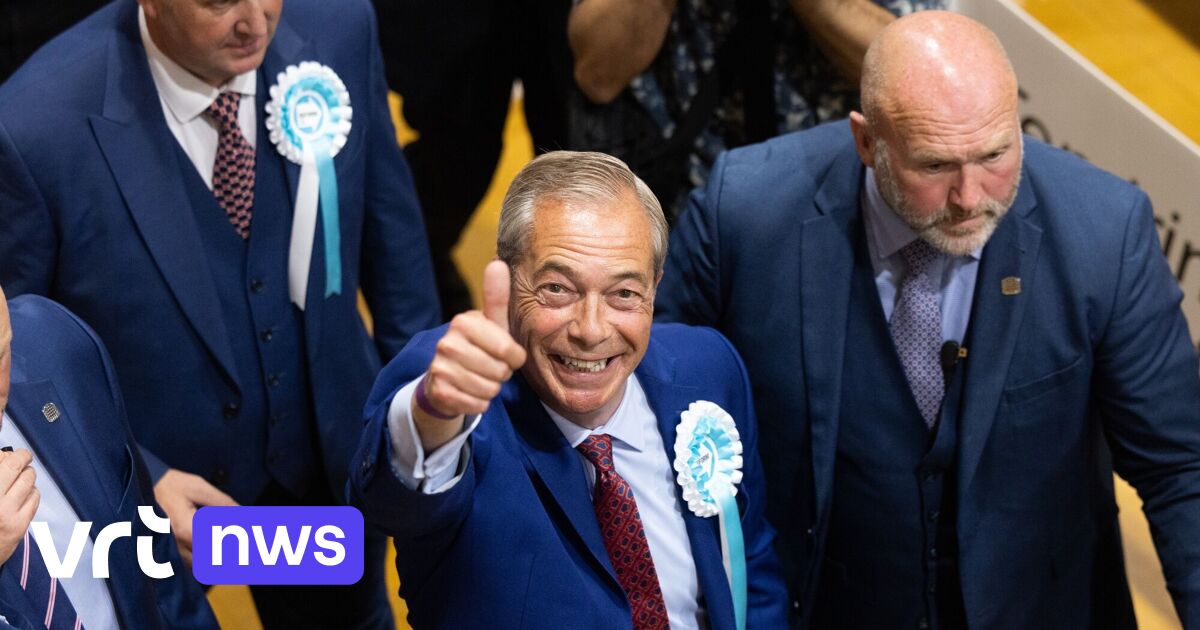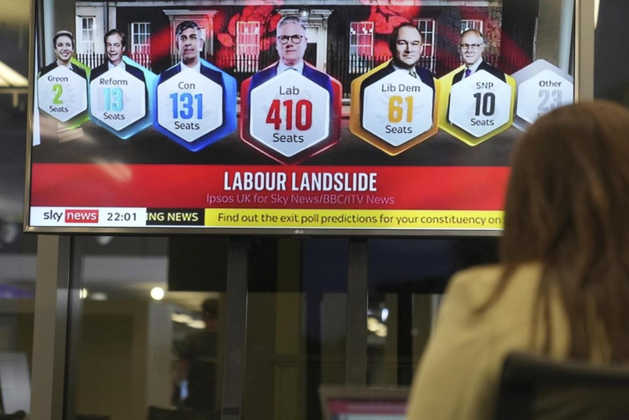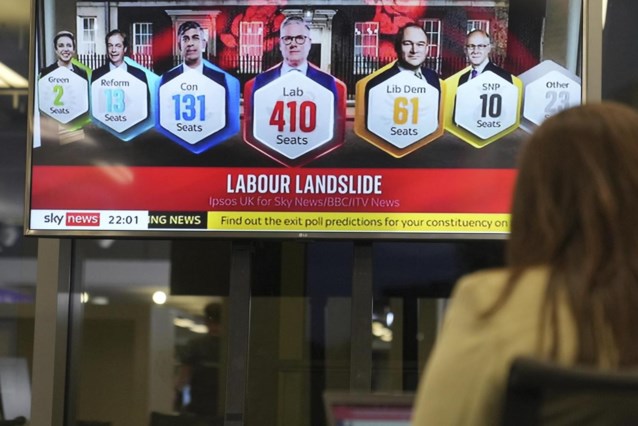What’s wrong with the current Brexit deal?
The main stumbling block for the British government is the customs and hygiene checks carried out by European officials at Northern Irish ports. Since Brexit, there has been a European border on the Irish Sea, between England and Scotland on the one hand, and Northern Ireland on the other. An alternative to such a maritime border would be the border on the island of Ireland, but that would be highly politically sensitive and would also have more practical drawbacks.
The Brexit Agreement with the Irish Border Protocol was signed on 24 January 2020 by the current Prime Minister Johnson. Her predecessor, Theresa May, had spent months trying to negotiate a compromise over “smooth” and “invisible” borders. When that failed, Johnson agreed to put a boundary at sea. He had promised Northern Ireland months earlier that there would never be control of the port. But they did come.
Why is this agreement politically untenable?
This has to do with the fragile peace in Northern Ireland. For the pro-British (Protestant) unions, this deal was unpleasant from the start as it established the border between Northern Ireland and the rest of the UK. They saw in it a sign of Irish reunification. There’s no way European rules only apply to Northern Ireland, and not the whole of Great Britain, so it sounds like there.
Since last month’s election, the pro-Irish (Catholic) Sinn Féin – who wants to keep the current arrangement – has become Northern Ireland’s largest party. But the DUP, the main trade union party, refused to enter government until the Protocol was abolished. They even refused to appoint a Speaker of Parliament, completely blocking the political situation in Northern Ireland.
What did Britain want to change unilaterally?
According to the British government, maritime borders create serious trade barriers and create a lot of unnecessary paperwork. This made it difficult for British and Scottish producers to export their products to Northern Ireland. So the arrangement is detrimental to the economy, the UK said, and is also politically untenable, as peace and stability in Northern Ireland is once again threatened.

“Hipster-friendly creator. Music guru. Proud student. Bacon buff. Avid web lover. Social media specialist. Gamer.”







